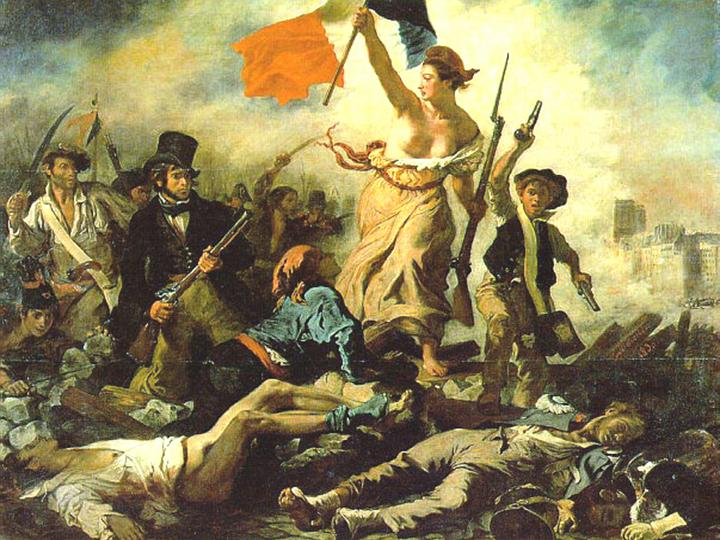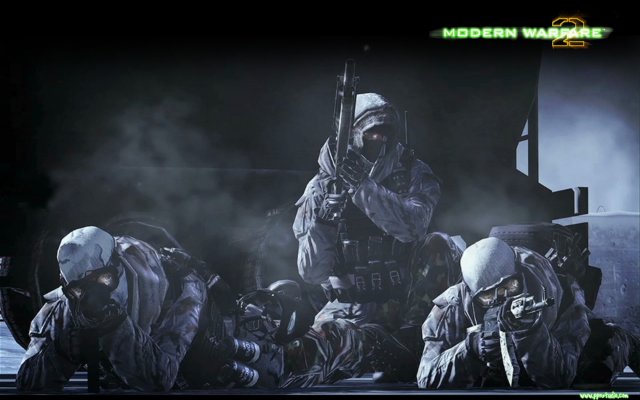
Throughout the ages Europe has been filled with conflicts, and warring armies. In the nineteenth century Napoleon took hold of power in France and begun a campaign which would redefine Europe and shape it into what it is today.
Napoleon was born in the small island of Corsica off of the coast of southern France. He was later trained as an artillery officer in mainland France. When the French revolution broke out he was called upon by the first French republic. He successfully defeated the first and second coalition, armies sent by Prussia and other European countries which wanted to restore the French monarchy. The people admired Napoleon, and later when the republic was in decay Napoleon successfully undertook a coup d eta and secured the French government. Later he crowned himself emperor of France, and begun his dictatorship.
Napoleon was a military man, so in turn one of his first decrees as emperor was to take over Europe. He led great armies into ancient empires which could not defend themselves against mighty France. Napoleon spread the new ideas of equality, opportunity, and brotherhood which were main ideals of the French revolution.
The biggest mistake that Napoleon committed was invading Russia. Throughout history the Russians have been known for their great tactics for defense. With an army of more than a million men Napoleon invaded Russia and seized Moscow. The only problem was that Moscow had been deserted; the nobles and the Czar had fled to St. Petersburg. The weak French army had to survive the unbearable Russian winter, and men began to die. Of the one million men Napoleon had only twelve thousand had returned to France in defeat.
The countries of Europe saw this defeat as their chance to get back at Napoleon. They invaded France with large armies that the weakened French could not oppose. Napoleon was sent on Exile to an island off the coast of Italy, and then after an attempt to take back his position in France he was defeated again and sent to a far away island in the middle of the Atlantic were he finally died.














